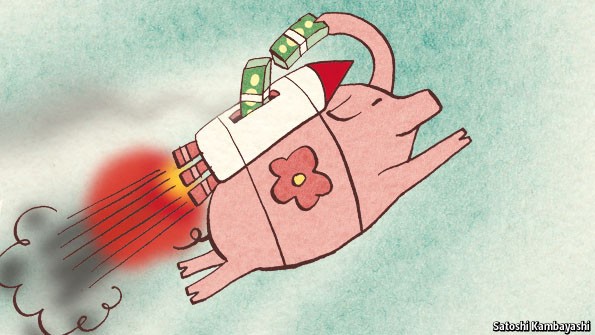International Investing Syria Is Burning but It s Still Better Than Greece
Post on: 16 Март, 2015 No Comment
About
At 20 months old and counting, Syria’s civil war has claimed more than 28,000 lives, left 1.5 million people homeless, and sent 500,000 Syrians into exile abroad to escape the fighting.
But hey, at least it isn’t Greece.
That’s the view of a new report out of business consultancy BDO International, which as part of its 2012 Ambition Survey asked the chief financial officers of various companies to rate the top 10 riskiest countries to invest in, and also the top 15 countries they’d most like to work with.
Topping the riskiest list, you won’t be surprised to learn, are Iran and Iraq — respectively, a country in the news lately for being the target of brutal international sanctions — and a potential target of military action — to curtail its nuclear ambitions, and a country that’s still dealing with the aftereffects of a decade-long military occupation.
But right up there in the No. 3 slot is Greece, a place that nearly 1 CFO in 5 described as too risky to do business in.
Greece — Western European, democratic, first-world-economy Greece — boasts an 18% disapproval rating, which means it’s an even less popular locale for investment than Syria (17%). It’s less popular, too, than Libya, Egypt, or Yemen — three other nations in various stages of recovery from war or civil unrest.
But aside from civil wars (past, present, and/or future), what do all these countries have in common, and what sets Greece apart? One factor springs to mind: debt.
Money Makes the World Go ‘Round.
With a national debt of 189% of its gross domestic product, Greece is the second most indebted country on the planet today. (Japan wins first place in this competitions with a debt load amounting to 238% of GDP, according to IMF figures.)
So while Syria’s troubles are undeniable, at least you have to give the country credit for keeping its balance sheet relatively clean. At 28% of GDP, Syria’s debt load isn’t a patch on Greece’s. Similarly, Yemen (debt equal to 44% of GDP) and Egypt (77%) may not be totally free of obligations to global bankers — but they’re a fair sight better off than Greece.
As for Libya, say what you will about Muammar Gaddafi, at least the man handed his successors a well-funded nation-state to run. According to both International Money Fund and World Bank data, Libya has no debts whatsoever — and actually maintains a bit of a foreign currency surplus.
. Except When It Doesn’t

Of course, being able to balance a checkbook isn’t all corporate CFOs care about. Modest debt levels notwithstanding, all the countries discussed so far still are on the top 10 least attractive -for-investment list. Meanwhile, with a debt-to-GDP ratio of 105%, the United States itself remains a favorite place to invest.
Other CFO faves include:
- Germany — No. 5 on the list of most attractive countries for expansion, and a country with an 82% debt-to-GDP ratio.
- Canada — No. 12, and with 84% debt-to-GDP.
- The United Kingdom — Lucky No. 7, and 87% debt-to-GDP.
- And France — Lucky No. 13, and with 89% debt, no less.
Developing nations — preferably ones not in the midst of wide-scale social and political revolutions, verging on or actually devolving into civil war — also score highly on BDO’s survey. Brazil, India, Indonesia and Argentina all make it into the top 15.
Meanwhile, proving that CFOs are no less slaves to fashion and swayed by popular opinion than the rest of us, we find that the No. 1 favorite place to invest in the world remains. China.
Which just goes to show, if you can keep your national debt levels down at 22% of GDP or thereabouts, corporate America is ready to come knocking.














